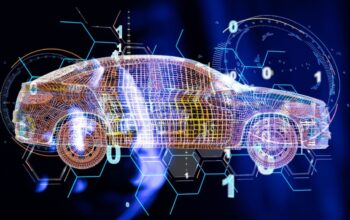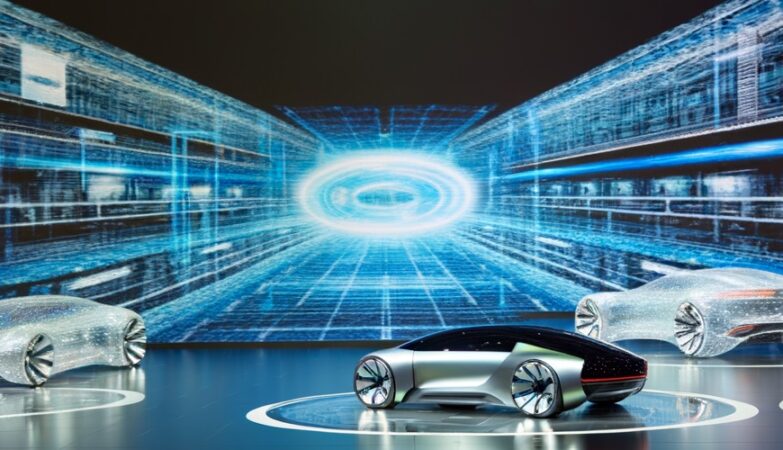Automotive – Beyond four wheels and an engine
The automotive industry is one of the most significant sectors in the world, capturing the imagination of millions with its innovation, style, and functionality. Cars are no longer mere modes of transportation; they have become symbols of personal identity, status symbols, and even works of art. Over the years, the automotive industry has witnessed numerous transformative changes that have redefined the way we perceive cars and what they represent.
The History
The history of the automotive industry is a fascinating journey through time. The invention of the automobile is often credited to Karl Benz, who patented his first gasoline-powered car in 1886. This marked the beginning of a revolution that would change the world forever. From then on, countless pioneers and visionaries contributed to the evolution of the automobile, introducing features and technologies that we now take for granted.
The Impact
The automotive industry has had a profound impact on society and the economy. It has created millions of jobs worldwide and spawned various support industries like fuel, insurance, and maintenance services. It has also led to the development of highways, infrastructure, and traffic control systems to accommodate the ever-increasing number of cars on the road.
Environmental Concerns
Despite its many contributions, the automotive industry has faced criticism for its environmental impact. The burning of fossil fuels in cars is a major source of greenhouse gas emissions and air pollution. However, in recent years, automakers have stepped up their efforts to produce more environmentally friendly vehicles. Electric cars, hybrids, and other clean energy solutions have emerged as viable alternatives to traditional gasoline-powered cars.
Safety and Technology
Safety has always been a primary concern in the automotive industry. The introduction of seat belts, airbags, and anti-lock braking systems (ABS) has dramatically reduced the number of fatalities and injuries in car accidents. However, with the advent of technology, safety features have become even more advanced. Cars are now equipped with collision warning systems, adaptive cruise control, and even autonomous driving capabilities, making our roads safer than ever before.
In addition to safety advancements, automotive technology has revolutionized the way we drive. From the simple radio to sophisticated infotainment systems, cars have become rolling entertainment hubs. GPS navigation, Bluetooth connectivity, and voice command controls have made driving a more convenient and enjoyable experience.
Reimagining Mobility
The automotive industry is constantly evolving to meet the changing needs and desires of consumers. In recent years, there has been a shift towards reimagining mobility through the introduction of ride-sharing services and autonomous vehicles. Companies like Uber and Lyft have transformed the way we travel, while self-driving cars are poised to revolutionize transportation in the near future.
The Future
Looking ahead, the automotive industry holds a world of possibilities. With the rise of electric vehicles and the push for renewable energy, we can anticipate a cleaner, greener future for automobiles. Additionally, advancements in artificial intelligence and connectivity will continue to shape the cars of tomorrow. From predictive maintenance to personalized driving experiences, the possibilities are endless.
The automotive industry has come a long way since Karl Benz first dreamed of a motorized carriage. It has not only transformed the way we move but has also become an integral part of our culture and identity. As we venture into the future, it is exciting to imagine the innovations that lie ahead and how they will continue to shape our world.







